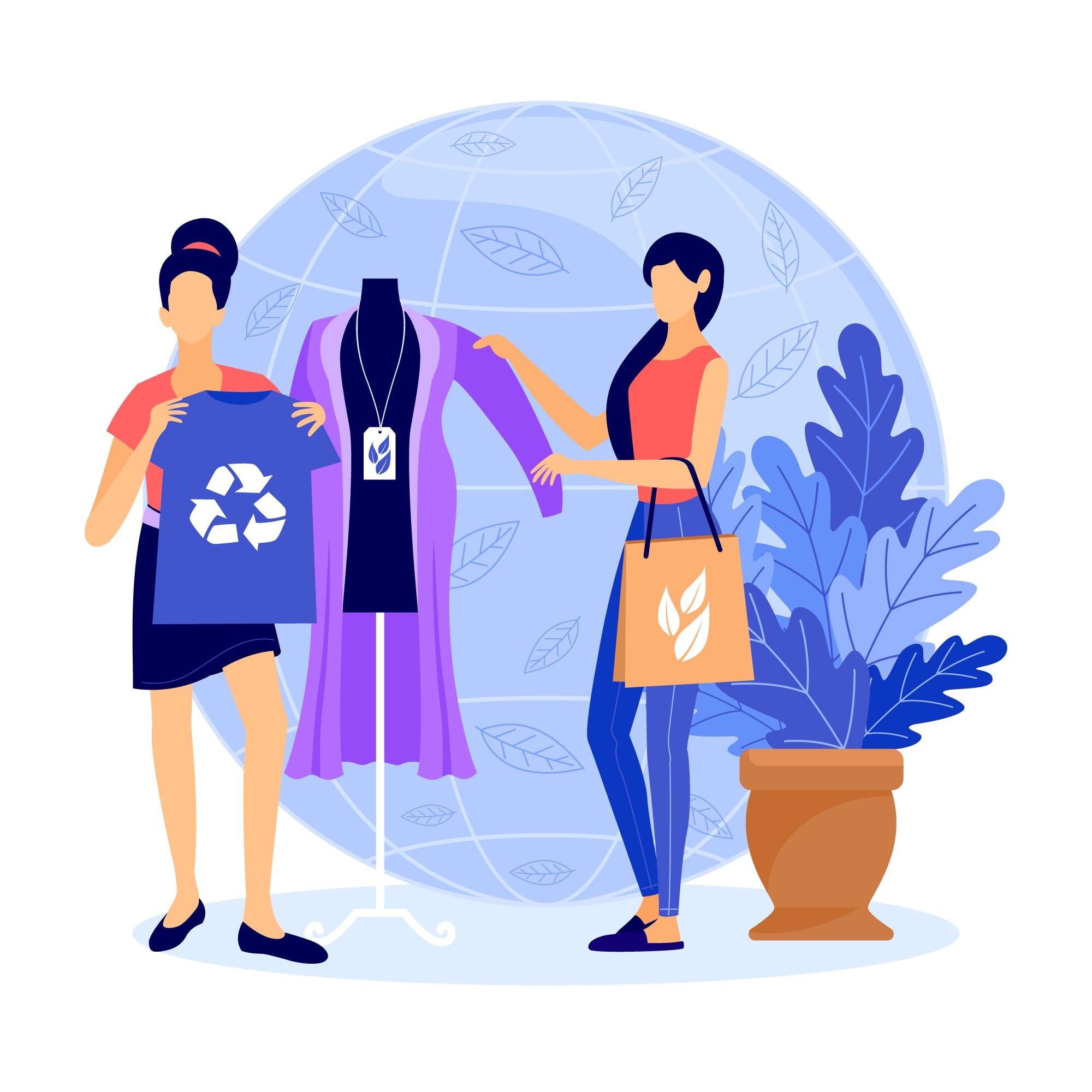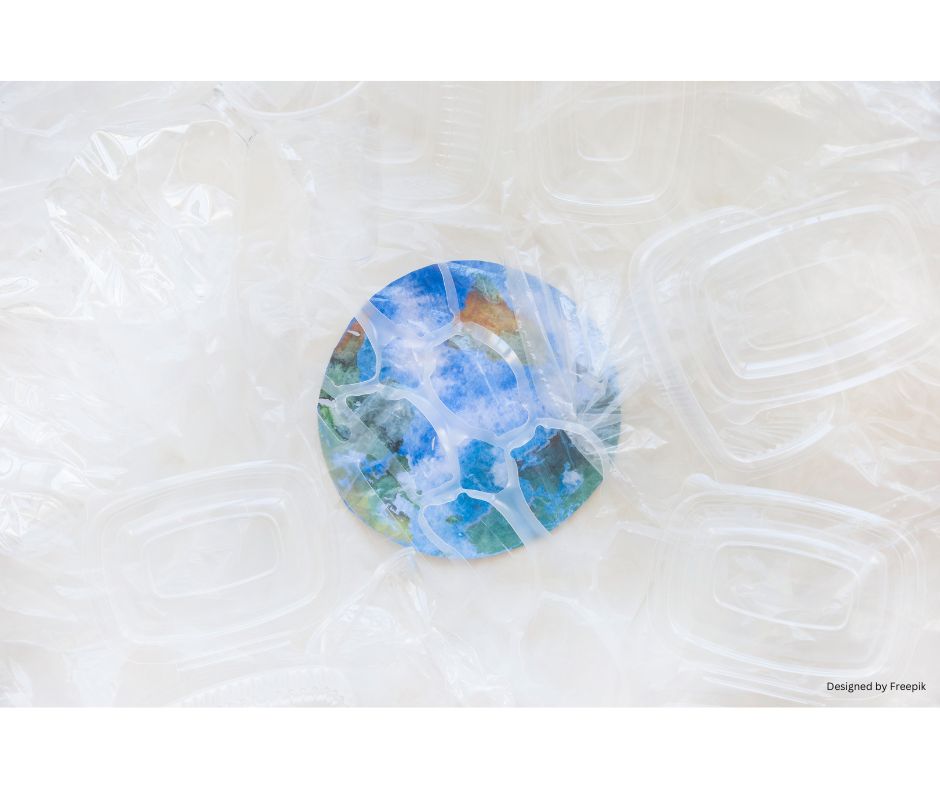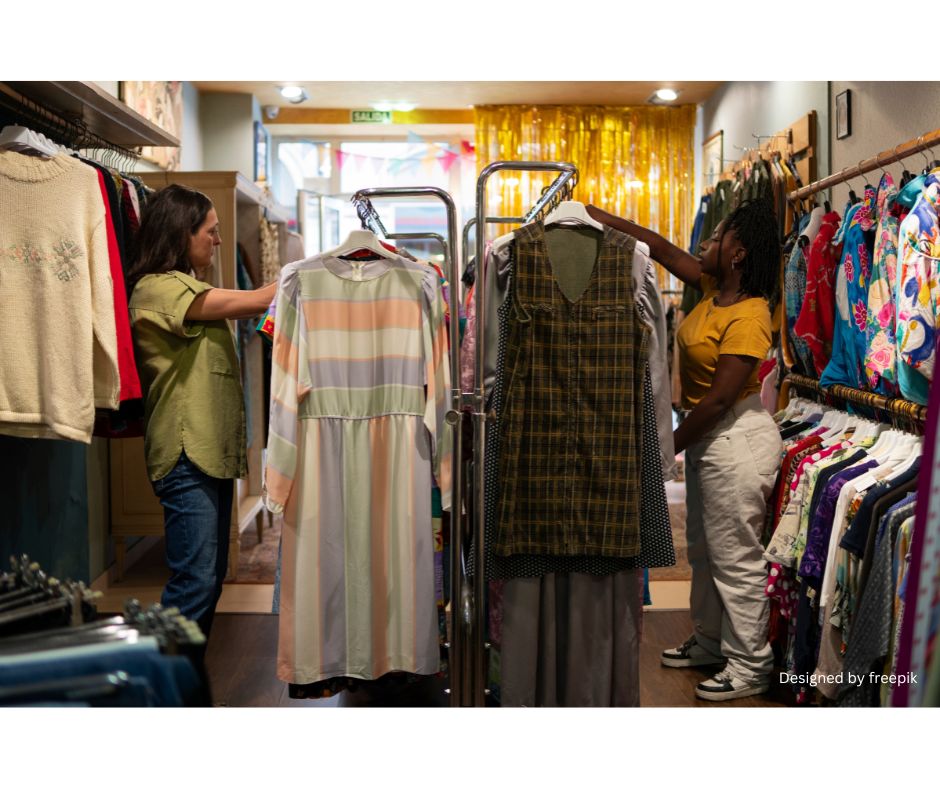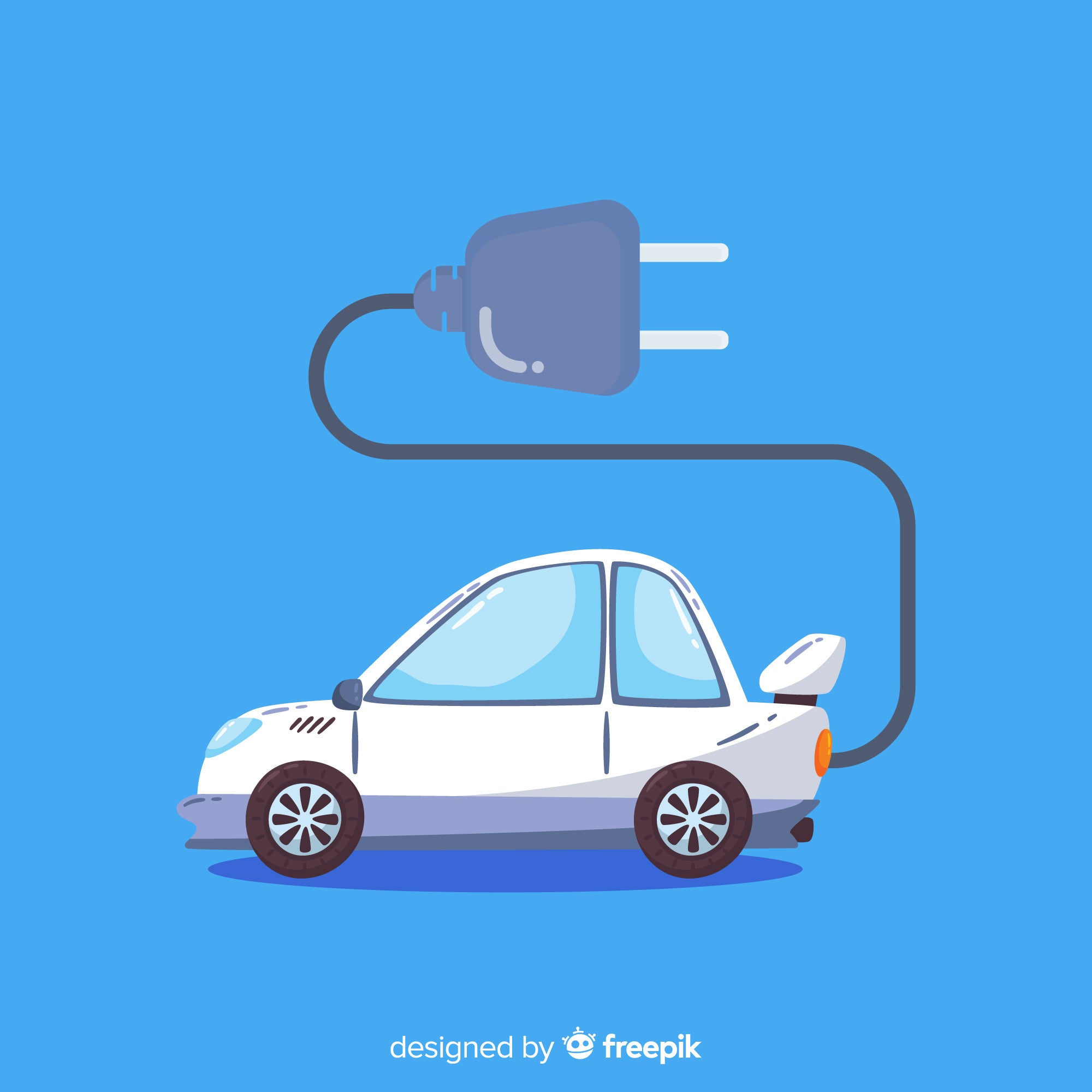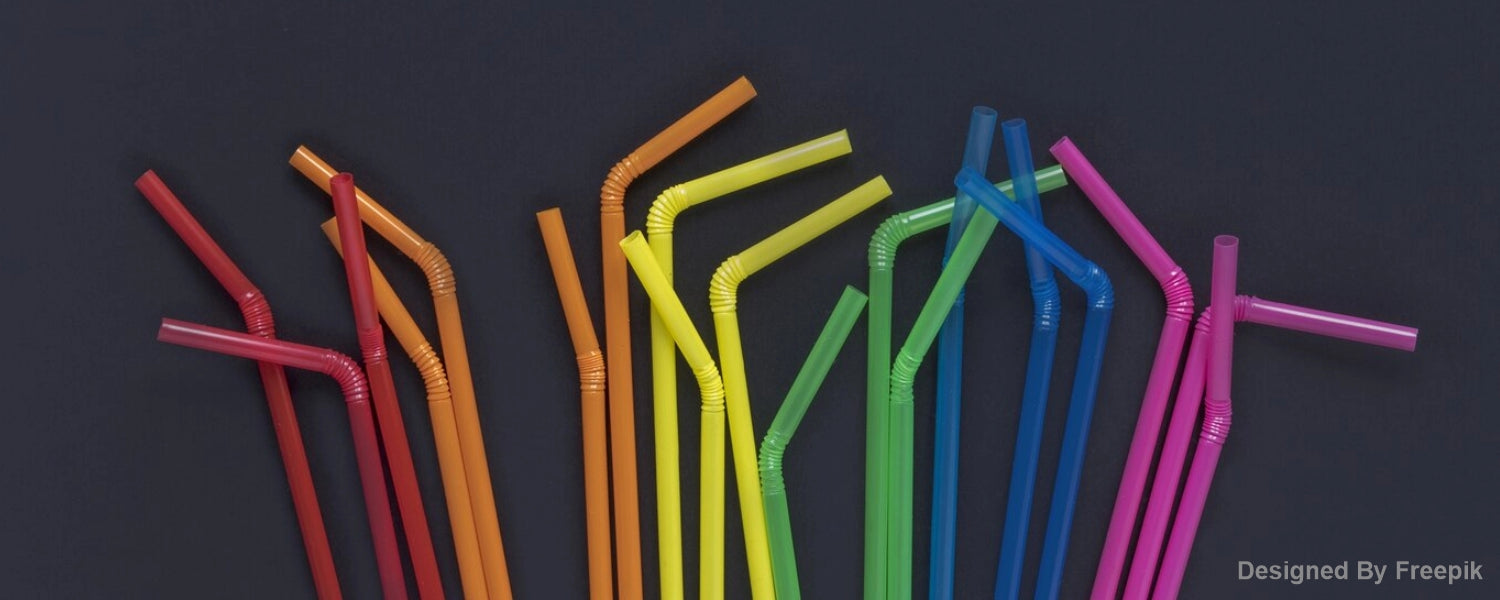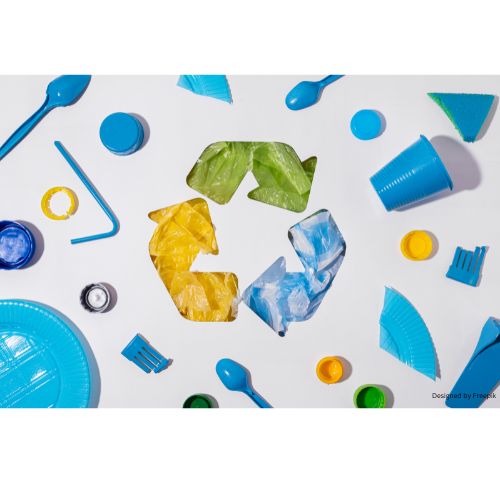“Bottle, bottle everywhere; making of a long term nightmare”.
Some facts: Only around 10% of the world’s plastic is recycled and more than 40% of plastic used is disposable single-use (SU). So what happens to this 40% after one use?
On best estimate, 4% of single-use is recycled and 36% ends at Land & water –clogging, littering leaching and more.
What’s it for India: India could recycle more than 40% of the plastic. The recycling rate in India is good. However the increase in plastic usage has outnumbered. Moreover, plastics have fibers, which shorten with every time it is recycled. Thus, plastic can be recycled 7-9 times before it is no longer recyclable, that too for PET which is the easily recyclable one. Others are difficult to collect, and recycle and need a sizeable virgin plastic to be added to create a product.
So what’s new: Innovation has kept each product getting better, which is good. So for plastic also different alternatives from using biodegradable plastics to compostable plastics to edible plastic is being tested and explored.
Entrepreneurs around the world are turning plastic into new products – cartridges, tiles, carpets, flooring, reusable bags, clothing, etc. Even houses and schools have been constructed from bottles.
Recycled content: Global Soft drink companies have pledged to increase recycled content in all their plastic packaging from 25% to 50% by 2025.
Did you know this?: Interesting to many would be to know that there is active research going on plastic-eating bacteria. This can help address the plastic problem. Japan came out first in 2016. It was followed by Shiv Nadar University in India in 2019 which announced the discovery of two strains of plastic-eating bacteria that have the potential to solve the problem of plastic waste globally. Research is in progress to address in UK, US and Germany as well before it gets implemented on a larger scale. Most recently being in January 2023, the Royal Netherlands Institute for Sea Research (NIOZ). It published a new study, looking at the bacterium Rhodococcus ruber which “eats and digests plastic” turning plastic into CO2 and other substances.
What now?: But the question is should we wait for it to come out with the ultimate winner and continue using single-use plastics? Or can we switch to a reusable water bottle- steel, copper, or any other that suits you?
If they can do it, why can’t we all? : The Indian Parliament has stopped the use of single-use bottles. It encourages either bringing your own bottle or having RO water. If it can happen at parliament, can we not do it at other workplaces? Can we carry our bottle and save the need to buy a single-use one?
We know you are. So remember to Bring your bottle (BYOB) next time you are visiting a conference or any event where the majority of these single-use still find a wide display.


